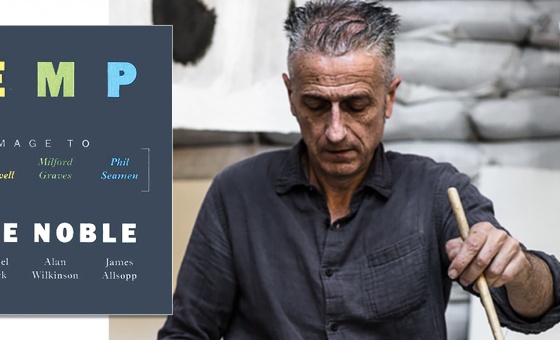This is the last article you can read this month
You can read more article this month
You can read more articles this month
Sorry your limit is up for this month
Reset on:
Please help support the Morning Star by subscribing here
PERUVIAN poet and artist Jorge Eduardo Eielson (1924-2006) travelled to Italy in 1951 for a summer holiday and decided to settle in Rome, where he wrote his poetic masterpiece Room in Rome (Cardboard House, £10).
Available for the first time in English, this collection shows Eielson’s ability to knot together many of the poet’s main themes as “quipus” (“talking knots”), recording devices made from strings historically used by cultures in Andean South America.
Eielson weaves personal history with geographic location, homosexual desire with longing, past and future, in a fashion that is as playful as it is profound.
In Via Venetto, the poet writes almost metaphysically about his daily existence in the Italian capital as he walks one of the most elegant and expensive streets of Rome:
“i ask myself/if i truly/have hands/if i truly possess/a head and two feet/and not just gloves/and shoes and a hat/and why i feel/so pure/even purer still/and closer to death/when i remove my gloves/my hat and my shoes/as if removing my hands/my head and my feet.”
He recounts his experiences of a lover called Paolo in Spring in Villa Adriana, where “the green leaves cover/paolo’s heart/he can’t walk/or say a word/because life is heavy/this april morning/like a temple of paper/in pure oxygen/and if he said a word/just a single word/the whole world would burn.”
These mystical experiences are the “knots” binding the poet’s spiritualism — Eielson had an interest in Zen Buddhism — his versatility in many disciplines — art, literature, archaeology, science and religion — and his passion for beauty and the ordinary, simple life.
As his compatriot Mario Vargas Llosas explains in his foreword, the “knots” traversing Eielson’s work are not mere archaeological reconstructions or pastiches “but variations employing forms from an ancestral culture as a point of departure.”
Carmen Gimenez Smith’s Be Recorder (Graywolf Press, £12), one of the most exciting poetry collections by a Latinx poet I’ve read this year, is divided into three major sequences: Creation Myth, Be Recorder and Birthright, and it’s a complex and multilayered meditation on identity, nationhood and the state of things today in the US.
In Southern Cone Gimenez Smith, author of five previous poetry collections and a lyric memoir, recounts her childhood memories and those of her Argentinean grandmother: “I wept with my grandmother when Reagan/was shot because that’s what she wanted./At night, she’d tell me about a city built/by Evita for children in Buenos Aires.”
Her migrant grandmother “was her green card and the ebony cross above her bed. The lilted yes when she answered/the phone, and the song she liked to hum about bells/and God that ended tirin-tin-tin-tirin-tin-tan: miles/and ages away from her story, she sang it.”
In Be Recorder, she explains that she became American “each time/my parents became American/each instance symbolising a different/version of being American/first is when they decided to stay/and next is the photo of my parents beaming/by a judge with a citizenship in their hand.”
In what’s almost a personal diary, Gimenez Smith records with precision and intensity the world surrounding her, with all its sufferings, nuances and revelations.
Loop (Charco Press, £9.99), by Mexican writer Brenda Lozano, can also be read as a personal diary. Set in Mexico City today, the novel is narrated by a young woman who, writing in different notebooks, is in a constant search of the “ideal” individual who never materialises.
A fragmented love letter to a partner called Jonas, who leaves for Madrid with his family after the death of his mother, this a journal of absence. The narrator awaits the return of her lover and in the meantime develops a narrative of free associations, daily recollections and scattered meditations:
“Maybe I’m not in the middle of the sea, swimming onwards and getting further away, like I thought. Maybe it’s the journey, that journey made up of moments. What happens between one instant and the next. What doesn’t happen. All those stories, stories that meet and stories that never cross paths. All those moments between two covers. These covers.”
There is plenty of dark humour, social commentary and irony in Loop. But at times the narrative seems to lose its way, especially in the second half, where the contemporary Penelope seems to get tangled in her own weaving.










